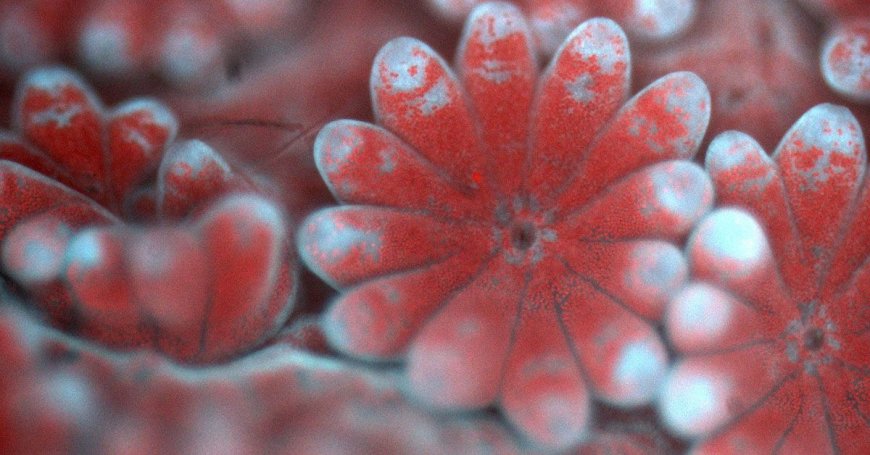Groundbreaking Microscope Reveals Secrets of Coral Biology
Corals rely on tiny algae for photosynthesis, but when stressed, they bleach and starve. A new microscope funded by the National Science Foundation allows scientists to study this process in detail, providing insights to protect corals from climate change. The technology also has potential for studying other marine organisms like baby kelp.

Corals are reef-building animals that rely on micro-algae living inside their tissues to photosynthesize for them. These algae produce oxygen and sugars that support coral growth and reef formation. When corals are stressed, they lose these algae, leading to coral bleaching and potential starvation.
A breakthrough microscope funded by the National Science Foundation now allows scientists to study coral bleaching at appropriate scales in the field. This technology captures vivid images and videos, measures photosynthesis, and creates high-resolution 3D scans of corals.
Researchers have observed corals actively changing shape and volume, even capturing instances of coral polyps reacting to passing particles. The microscope provides a non-invasive way to assess coral health and detect early warning signs of irreversible damage from climate change events.
Besides corals, the microscope has potential for studying other marine organisms that photosynthesize, such as baby kelp. Scientists are already using this tool to study giant kelp off California and envision various applications for understanding ocean photosynthesis.
According to the source: Oceanographic Magazine.
What's Your Reaction?
 Like
0
Like
0
 Dislike
0
Dislike
0
 Love
0
Love
0
 Funny
0
Funny
0
 Angry
0
Angry
0
 Sad
0
Sad
0
 Wow
0
Wow
0






































































































































































